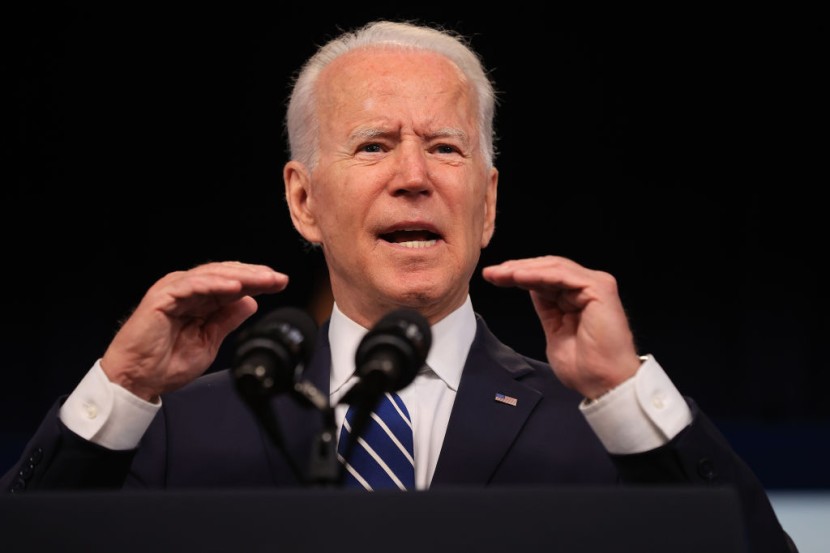
A recent report by the United States Bureau of Labor Statistics on Friday regarding the state employment data showed that only about half of the states that ended federal unemployment benefits witnessed job growth while one lost jobs between May and June.
Across the United States, 25 states have opted to cut at least the federal $300 weekly unemployment benefit ahead of the official schedule. However, only 15 of those regions experienced significant job growth. The rest of the areas did not observe a significant change in employment data.
Statistics of Job Increase
Only two states in the nation did not decide to end the weekly unemployment benefits early while another has reinstated the benefits under court order. In nine states, data showed that job hiring was still behind with Alaska losing 2,700 jobs last month.
Florida authorities observed the highest job hirings in the nation with 81,300 new jobs, followed by California with 73,500, and then Texas with 55,800. On June 26, Florida and Texas opted to end the unemployment benefits early. State workers on unemployment insurance also sued the state of Texas for the decision, but the state has also opted to cancel all other federal pandemic programs. Californians will be able to receive federal benefits until early September, where they are scheduled to expire, AS English reported.
In Arizona, officials observed the largest percentage of new hirings at 1.3% after cutting the unemployment benefits early. However, the primary reason for the surge of job gain is the offer of authority to residents who received the benefits of a one-time payment of $2,000 if they went back to work.
The second-highest job gain was in Nevada at 1.2% and comes amid the state's continued implementation of the unemployment benefits until September. The third spot is a tie between Florida and California who observed job gains of 0.9% in June.
Gregory Daco, chief U.S. economist at Oxford Economics, said that the increase in new hiring was only a marginal effect. He added that removing the unemployment benefits may have actually had a negative impact on the personal income ledger than a positive effect on the employment ledger of the economy, Reuters reported.
Unemployment Benefit Expiration
Economists from Goldman Sachs also said there was little evidence that proved the removal of the unemployment benefits had a significant impact on labor markets. Ronnie Walker, a Goldman Sachs economist, said the expiration of unemployment benefits was not a factor for the increase in job hirings in June.
Millions more Americans are at risk of losing their unemployment benefits amid the collision of state rules and the expiration of federal assistance. Eligible workers are reaching the end of their "benefit year," which marks the end of the year from the start of their application for the benefits.
Americans who have not yet been successful at finding a new job or are working fewer hours will be affected by having only a smaller benefit payment. The Pandemic Emergency Unemployment Compensation has been keeping residents afloat but is officially scheduled to end on Labor Day, CNBC reported.
Related Article: $1 Trillion Bipartisan Infrastructure Bill is Off the Table Amid Republican Opposition








